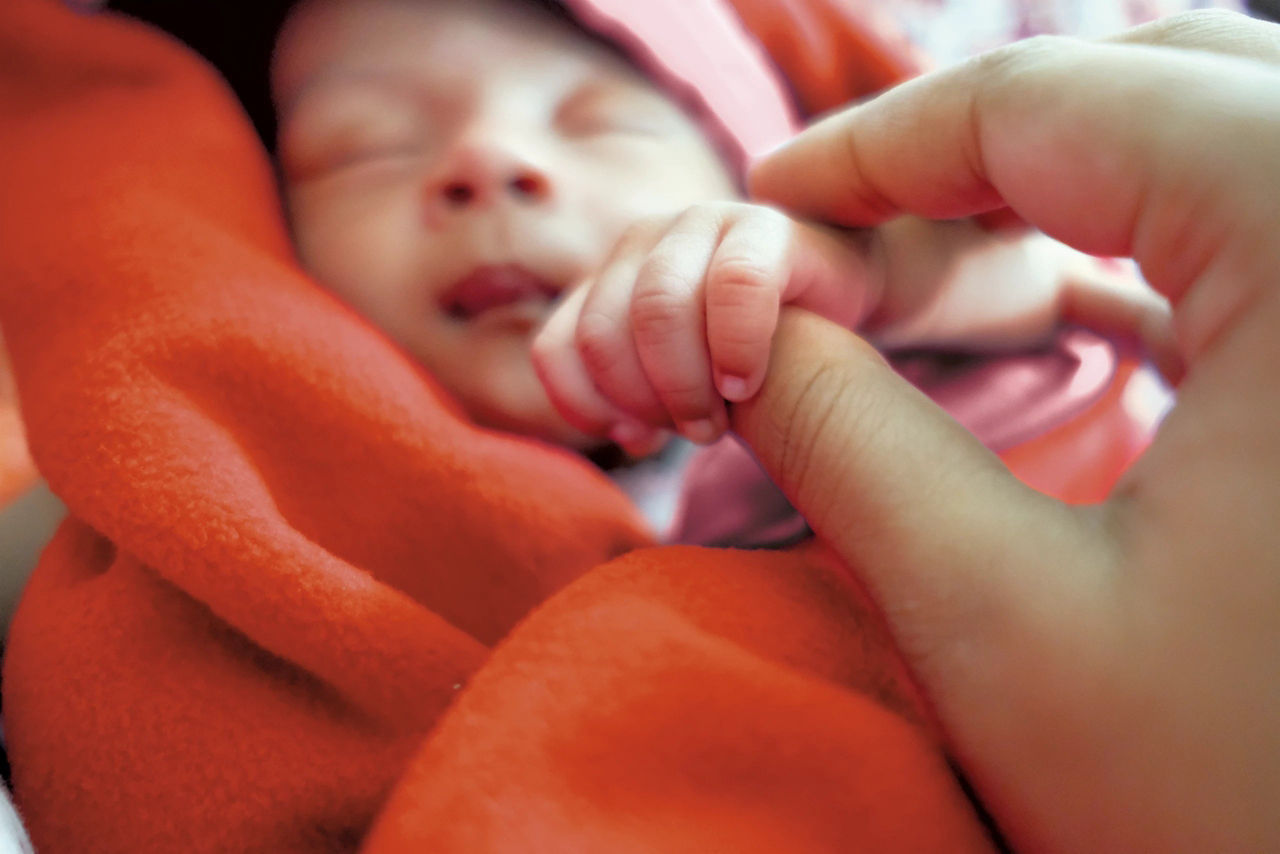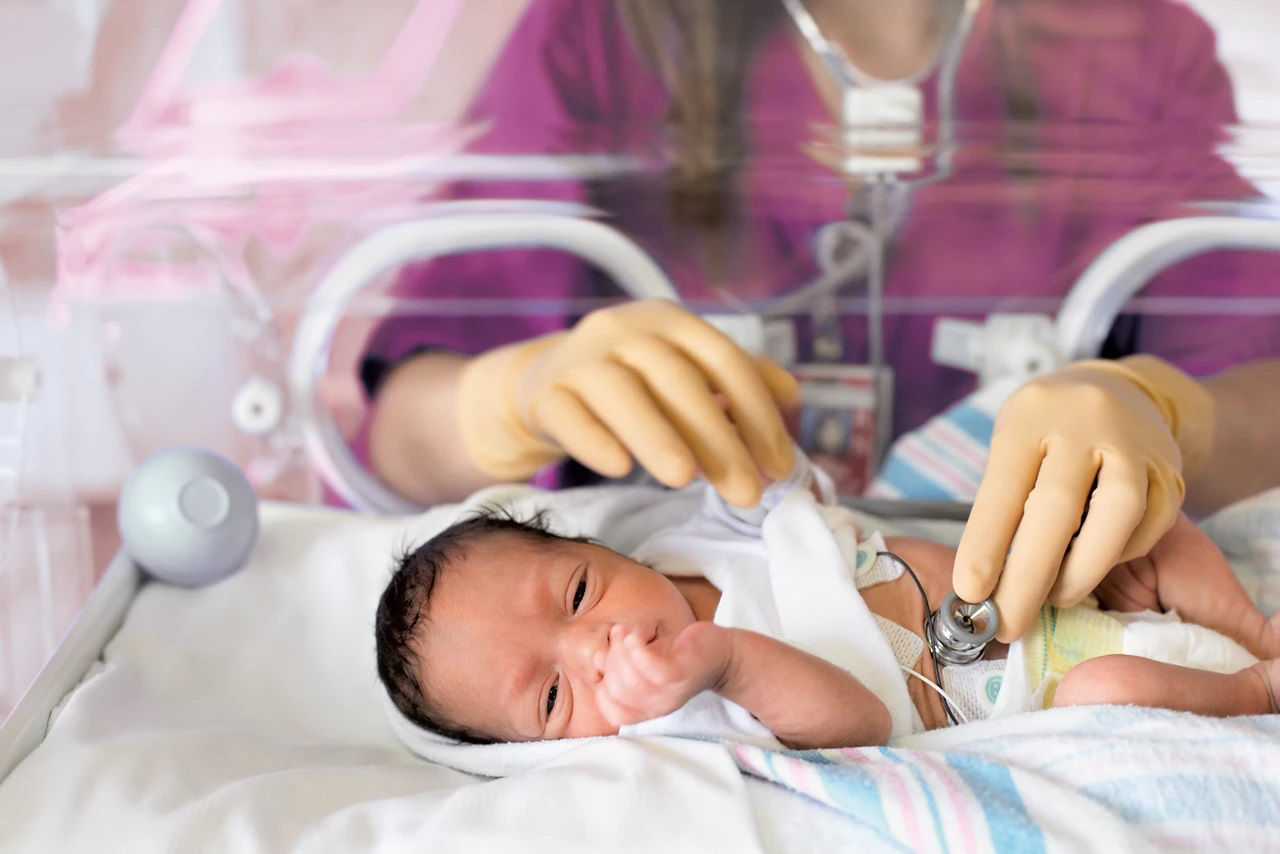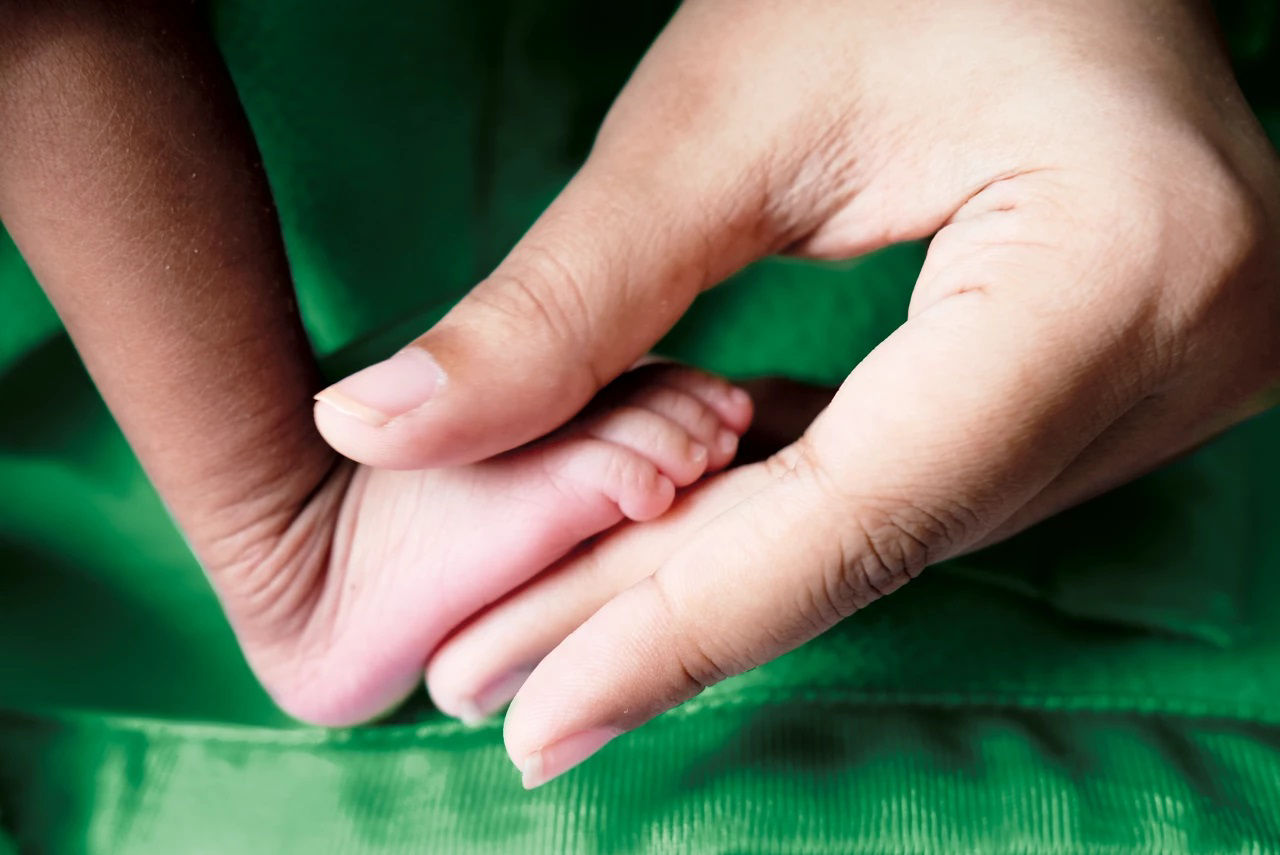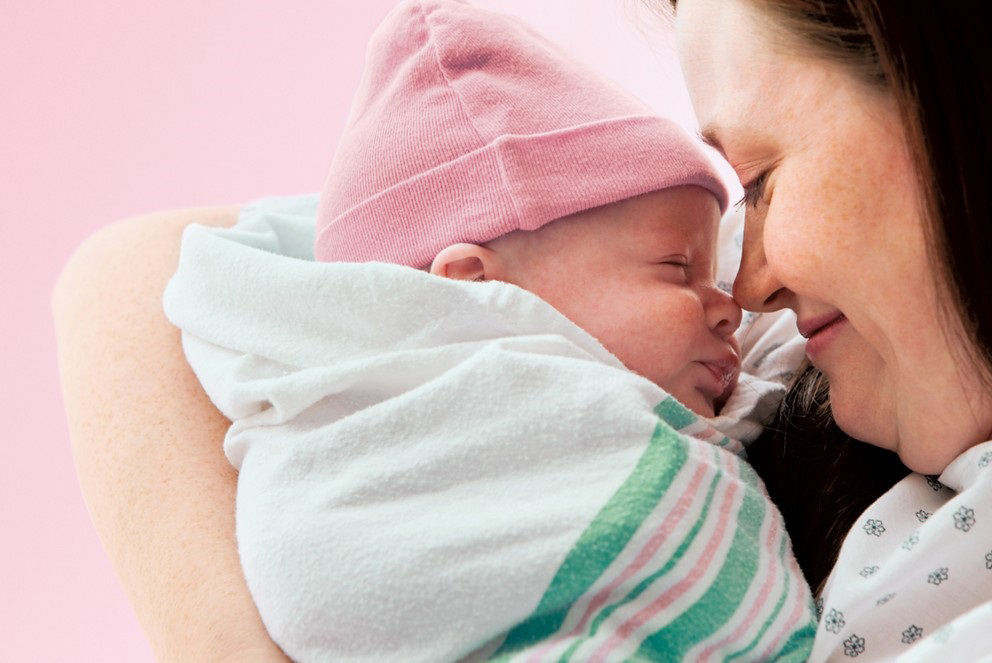Free weaning plan - Register here
What to expect in the neonatal unit
Around 1 in 10 babies are born prematurely (before 37 weeks) and most will need hospital care. After birth, depending on how early they are born, your baby will probably be taken to a neonatal unit or NICU (neonatal intensive care unit), which specialises in looking after premature or sick babies. How long they will stay there will depend on your baby’s needs; it could be just a few days, a week or two or, in some cases, months. But rest assured, they are in the best place they can be, getting the right level of care and attention.
Understanding NICU equipment
Seeing your premature baby attached to machines and tubes can be upsetting, but knowing what things are for can help put your mind at ease. Here are a few of the pieces of equipment you may come across:
• Incubator – the special cot that helps keep your premature baby warm and protected from infection; some are closed, with hand-sized holes; others are open and may have an overhead heater or a heated mattress.
• Vital signs monitors – these machines keep track of things like your baby’s heartbeat and breathing (through electrodes on your baby’s chest); blood pressure (usually through a small cuff around an arm or leg); and oxygen levels (through a probe around your baby’s foot or hand). These monitors are extremely sensitive and can sound off even at the slightest movement, so try not to panic each time you hear an alarm.
• Breathing equipment – if your baby needs help breathing, they may need either a ventilator, CPAP (continuous positive airway pressure) or just oxygen. These usually involve tubes going into your baby’s nose (nasal cannula), or using a mask.
• Phototherapy lights – around half of all babies develop jaundice, and it’s even more common in premature babies. It’s caused by too much ‘bilirubin’, which is normally removed from the body by the liver but this can be a slower process in newborns, leading to a build-up. Special lights placed over your baby or through a blanket help your baby’s body get rid of the bilirubin.
These are just a few examples of the equipment your may need. If you’re not sure what something does, don’t be afraid to ask a doctor or neonatal nurse to explain it to you.

What you can do to help in the neonatal unit
While a neonatal nurse can provide the right medical care, hearing your voice and feeling your touch will help reassure and comfort your baby and help you bond.
• Still touch – at first, your baby’s sensitive skin may not be ready for even gentle stroking, but simply placing your warm hand on them can still be soothing.
• Containment holding – putting one hand on your baby’s head and the other on their middle can help them feel comforted and protected.
• Kangaroo care – once your baby can be taken out of the cot, a great way to help their development is by holding them gently against your chest. This warm skin-to-skin contact not only helps you bond, it can help with breastfeeding, when your baby is ready.
The other thing you can do to help your baby is remember to look after yourself. Having a premature baby can be emotionally and physically exhausting, and it’s easy to forget that you still need time to recover from giving birth. So try and get as much sleep as possible, don’t forget to eat healthily, and take regular breaks from your baby’s side to give yourself a breather.

Join our baby club
Ready to stop worrying about what other people think and do what feels right to you? We’ll give you the support you need to follow your instincts and enjoy parenthood to the max:
Helpful emails
Non-judgemental support
Free weaning plan
Tips from real parents
More from baby
Baby topics
Need free advice with a smile? Get in touch with our dedicated Care team.
Ask us a question (8am - 8pm Monday to Friday, 10am - 4pm Weekends)
Messenger
Contact us on Facebook (10am - 10pm, 7 days a week)
Call us
Call us on 0800 977 8880 (8am - 8pm Monday to Friday)
FAQs
Get answers to your most frequently asked questions


